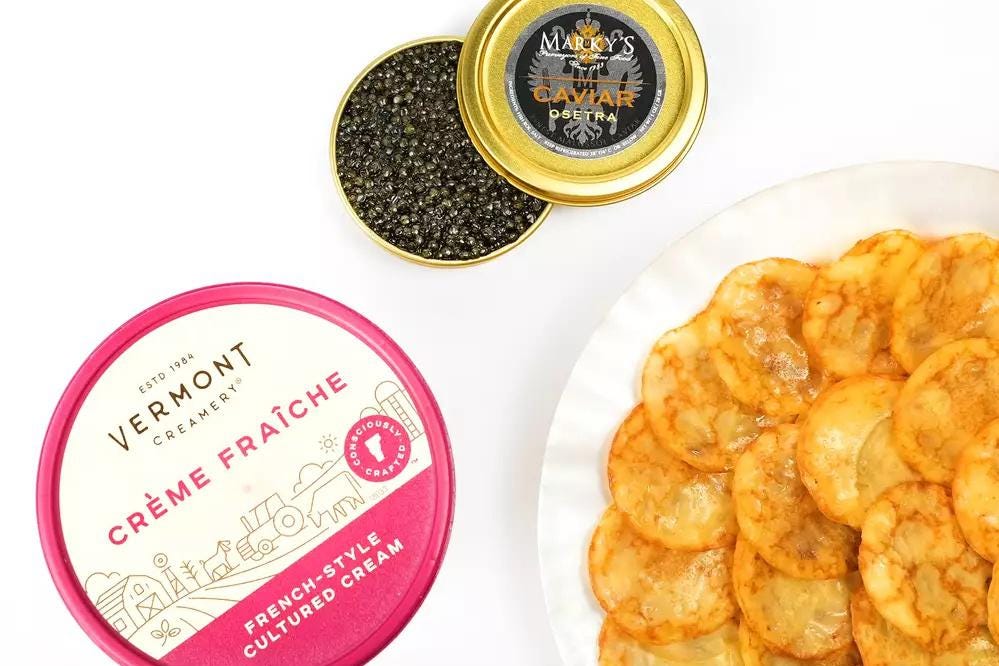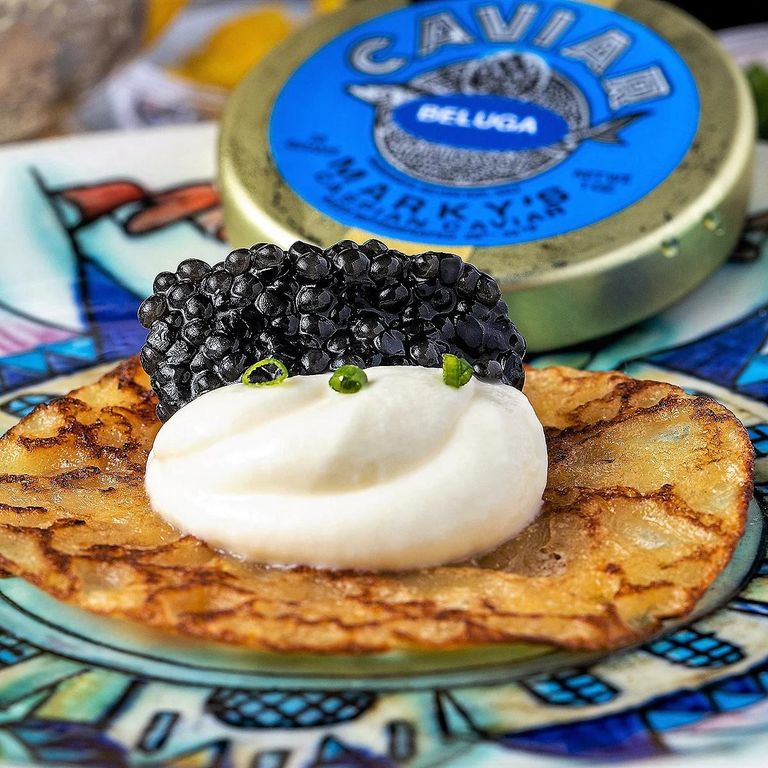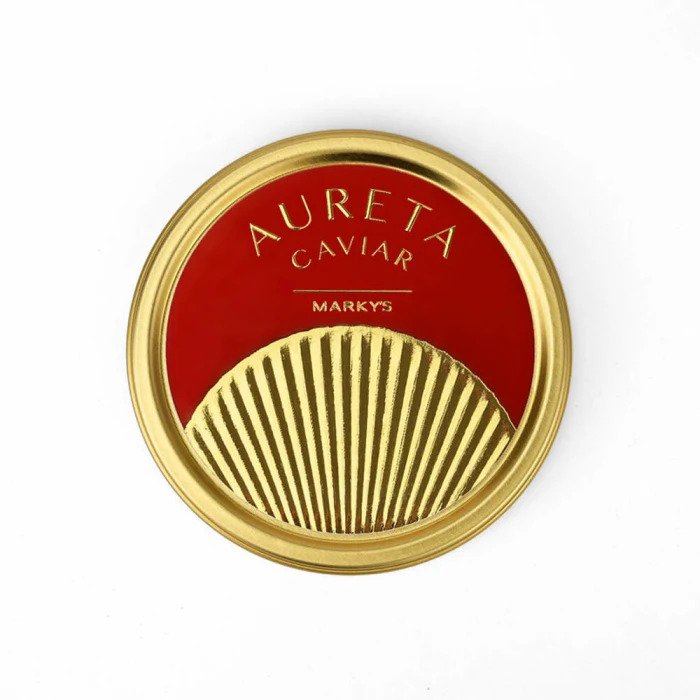Don't Worry : Your Caviar Isn't From Russia ( and Neither Is Your Vodka)
Category : Food Stories, Party Ideas, Recipes, Press Room |
Posted : Mar 12, 2022
As Russia continues to escalate attacks on Ukraine, President Biden announced Friday that the U.S. is banning imports of Russian vodka, seafood, and diamonds in an attempt to further cut off Vladimir Putin's Russia from trade with the West.
The move may affect Russian trade, but it's not likely to affect Miamians who crave the finer things in life.
Russian vodka only accounts for about 1 percent of all vodka consumed in the United States, and most big retailers - think Total Wine and Publix - have already pulled Russian brands like Green Mark and Russian Standard from their shelves.
The same goes for caviar. Although the luxury food item conjures images of Russian royals slathering the expensive roe on toast points in gilded rooms, in truth almost all caviar is farmed in Germany, Israel, Italy, and the United States.
Mark Zaslavsky, co-owner of Miami's premier caviar store, Marky's, says the import ban doesn't affect caviar supplies. "We do not buy caviar from the Caspian Sea. We haven't bought wild caviar in 15 to 20 years, "Zaslavsky says. "We only buy from farms that we personally inspect."
Zaslavsky, who has been in the business of importing and selling caviar for nearly four decades, says nearly all caviar sold in the United States is from France, Germany, Italy, Israel, and the United States.
What about the "Russian" caviar you see?
"Russian sturgeon is just the name of the fish, "Zaslavsky explains, nothing that the U.S. Fish and Wildlife Service banned wild-caught sturgeon from the Caspian Sea more than 15 years ago after finding the species was overfished.
Marky's beluga caviar, in fact, is sourced from his own Florida-based company, Sturgeaon Aquafarms.
Zaslavsky assures that Marky's doesn't stock any caviar imported from Russia. "We do not import any from Russia, "he says flatly.













